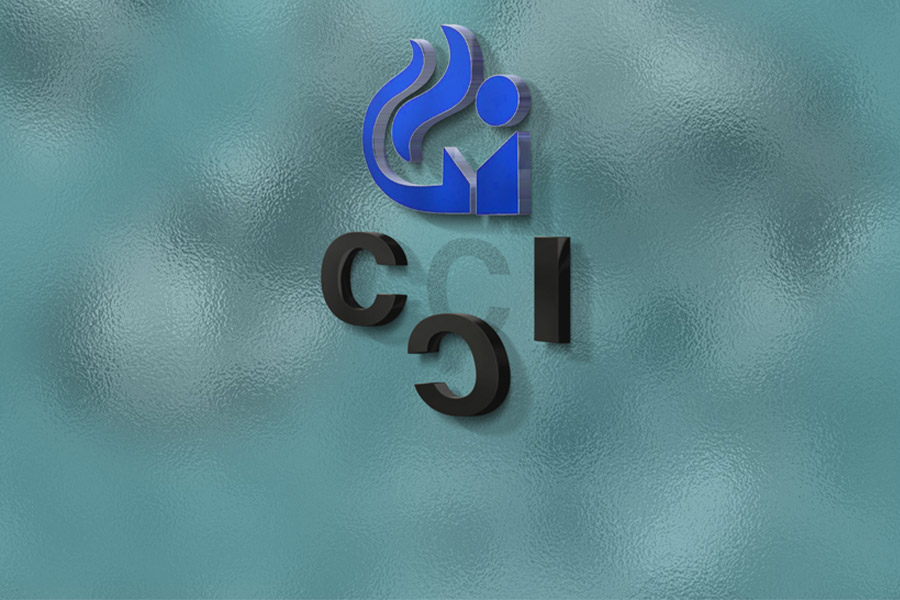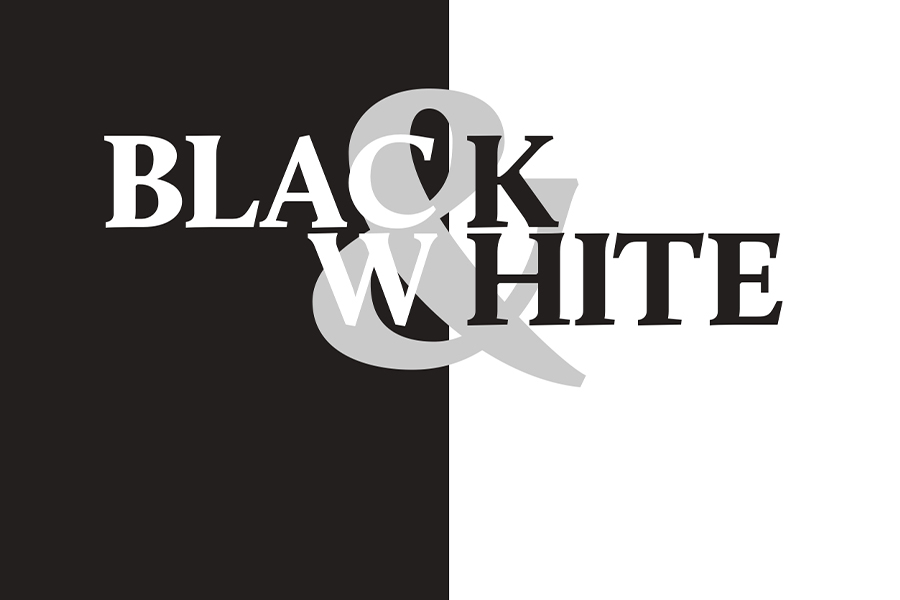A more considered approach to investigations during tough pandemic times should not be construed as less commitment from the Competition Commission of India’s plans to ensure fair competition, write its Former Chair Dhanendra Kumar and NLSIU Competition Law professor Rahul Singh
The covid pandemic led to muted antitrust enforcement in many jurisdictions to help tide over the difficulties faced by industry and trade, and keep businesses afloat. In fact, there were all-round calls to dilute enforcement of competition policy during the time of the pandemic and facilitate combinations.

The Federal Trade Commission in the US created an expedited procedure for green lighting collaborations, which was aimed at augmenting health supply in the US. Similarly, a tacit acknowledgement by the Department of Justice aimed to tone down antitrust enforcement. In the EU we saw new exemptions to antitrust enforcement in medicines, wine, milk, potatoes, automobiles, etc.
The cumulative impact of these announcements has been to push competition policy to the back seat for the time being. Enforcement was further hindered by restrictions on physical movement and subpoenas, all of which impacted discovery and investigations.
Initially, the Competition Commission of India (CCI) responded by suspending its regulatory functions temporarily in order to help tide over the difficulties from the spread of the covid pandemic. Soon a procedure was put in place to conduct virtual hearings, pre-filing consultations and meetings with CCI officers.
In terms of enforcement, the Indian competition regime showed great empathy, but also some variance, compared to its global peers. The CCI seemed to follow the adage: “Keeping markets competitive is no less important during times of economic hardship than during normal times,” although with procedural accommodation as needed.

In fact, we saw active merger regulation and anti-cartel orders even during the height of the pandemic. A hybrid mode was leveraged to ensure that even advocacy efforts did not suffer due to the pandemic.
It would not be wrong to suggest that, in a post-pandemic era, a somewhat assertive competition enforcement is visible. Recent high-profile orders like the investigations into the business models of food delivery apps such as Swiggy and Zomato pertaining to allegations of cartelisation, or investigations into the abuse of dominant position by Google in the news media market, reflect this stance. Even Google and Apple’s play store policy have come under CCI scrutiny.
You must be a
subscribersubscribersubscribersubscriber
to read this content, please
subscribesubscribesubscribesubscribe
today.
For group subscribers, please click here to access.
Interested in group subscription? Please contact us.
你需要登录去解锁本文内容。欢迎注册账号。如果想阅读月刊所有文章,欢迎成为我们的订阅会员成为我们的订阅会员。
Dhanendra Kumar is the chair of Competition Advisory Services, the former chair of the Competition Commission of India, and India’s executive director at the World Bank. Rahul Singh is an associate professor of law at the National Law School of India University, Bengaluru, where he teaches competition law and policy, regulation, WTO and jurisprudence.
Competition Commission of India (CCI) stories
CCI in paralysis
Slow movement on appointment cripples functions of commission
Black & white
The Competition Amendment Bill contains commendable reforms, but there are also negatives
Rules of engagement
Application of per se rule can save the CCI time and costs while investigating anti-competitive behaviours
For more stories about CCI, visit law.asia.





























